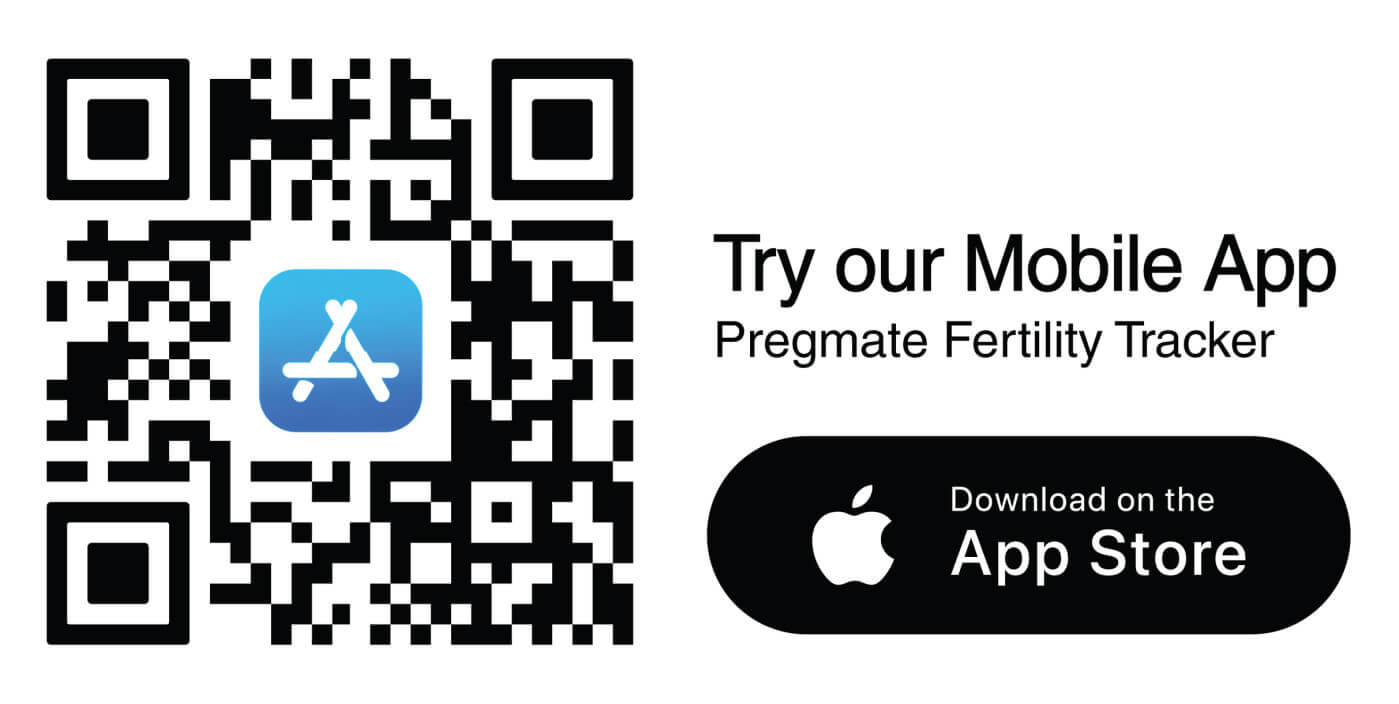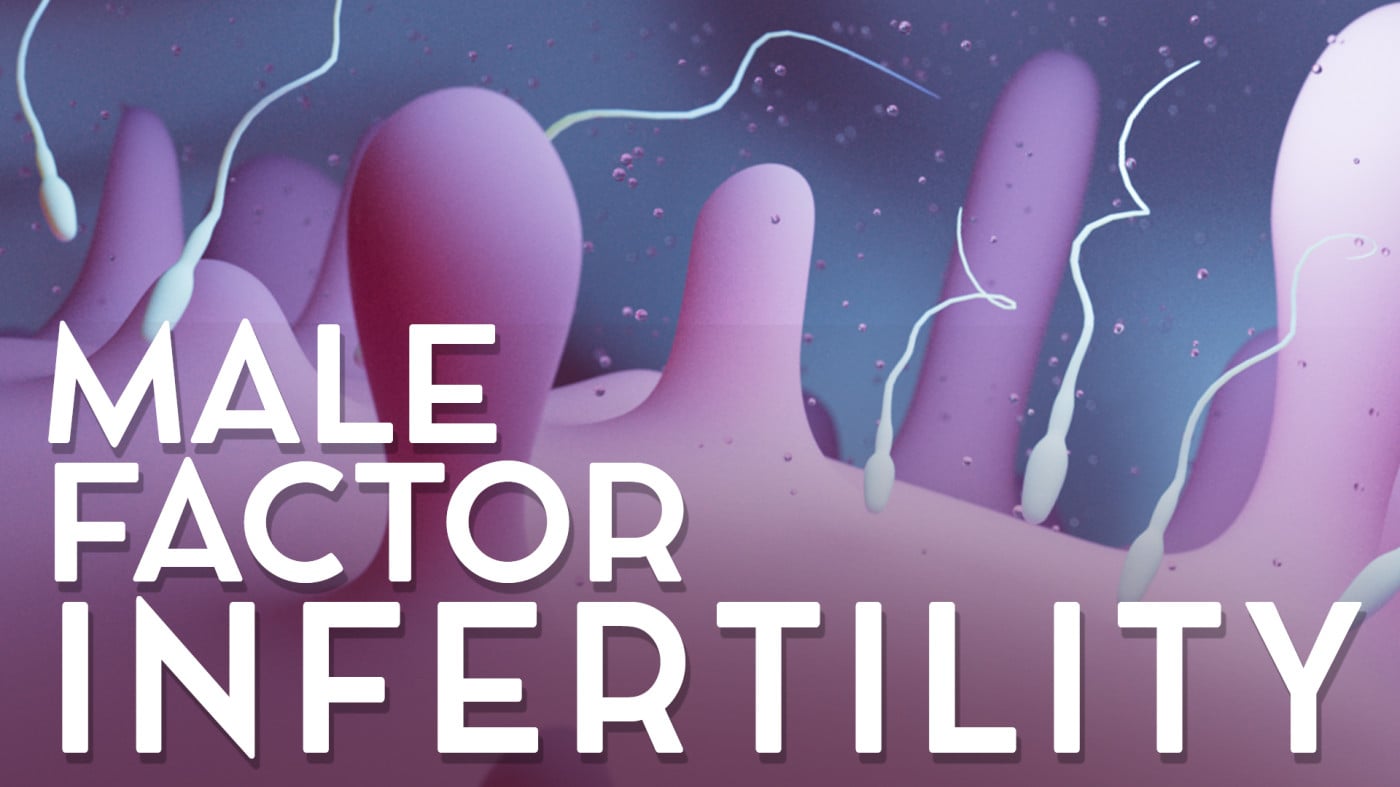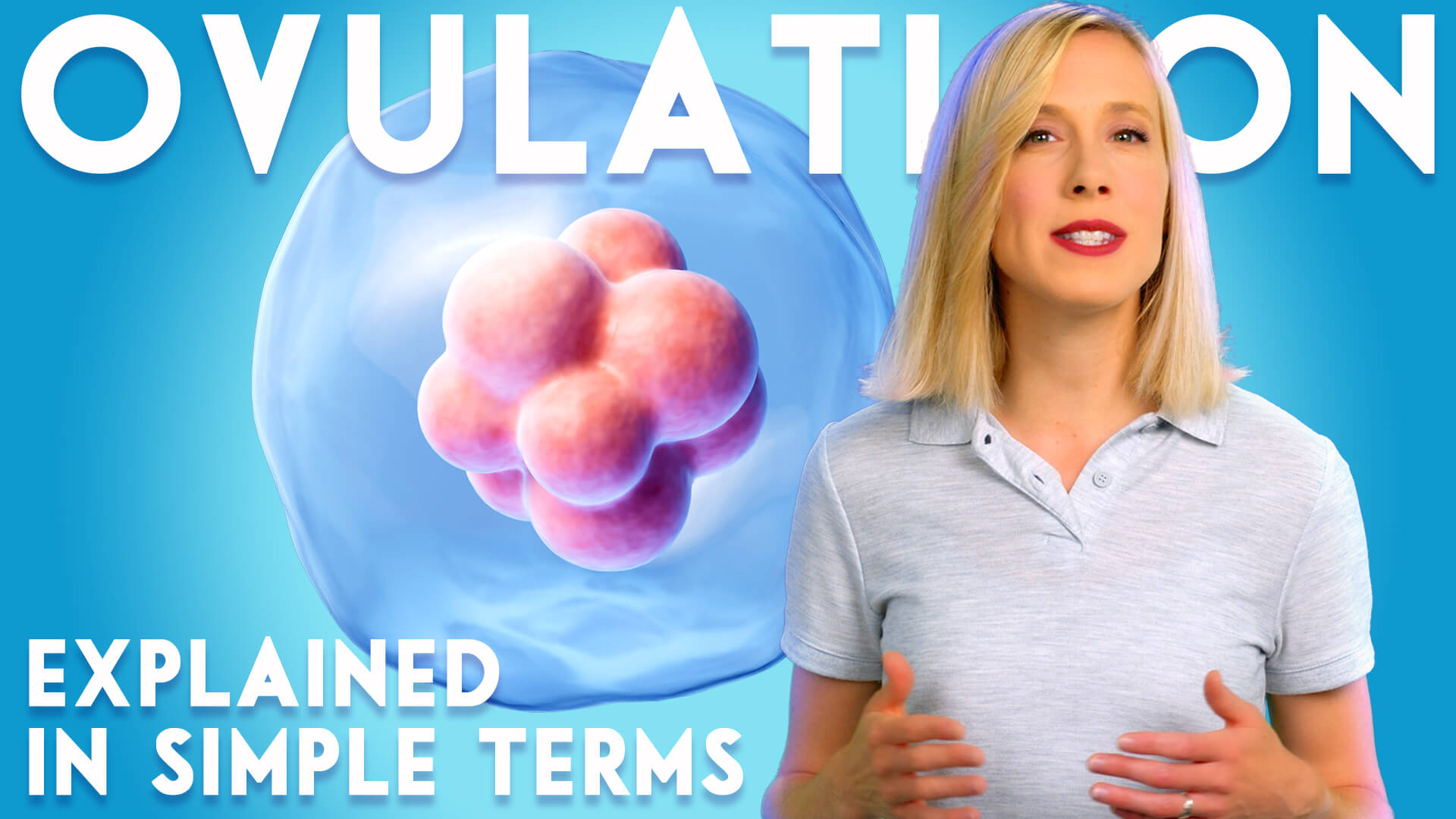The journey to parenthood is one filled with excitement, anticipation, and a touch of uncertainty. As couples embark on this life-changing path, one of the most common questions is, "How long does it actually take to get pregnant?" Understanding the timeline of conception and potential challenges is key to navigating the often delicate process. Let’s delve deeper into the typical timeline for conceiving, potential obstacles, and the tools available to support couples along the way.
For many couples, conception happens within the first year of trying. Statistically, about 65-85% of couples conceive within this timeframe. Each menstrual cycle offers a 25-30% chance of pregnancy for healthy, young couples. This probability can vary based on several factors, including age, overall health, and lifestyle choices. Despite these odds, the process can still feel unpredictable and, at times, frustrating. So, really, how long does it actually take to get pregnant?
But what if pregnancy takes longer than expected? This is where understanding infertility becomes crucial. Infertility is defined as the inability to conceive after one year of trying, or six months if the woman is 35 or older. This condition affects about 10-15% of couples in the United States and can stem from various causes.
Ovulatory disorders are one common cause of infertility. These disorders can result from hormonal imbalances, polycystic ovary syndrome (PCOS), or other underlying health issues. Irregular or absent ovulation significantly reduces the chances of conception, making it one of the primary concerns for couples struggling to conceive.
Sperm issues are another significant factor. Low sperm count, poor sperm motility, or abnormal sperm shape can all hinder the fertilization process. These issues can be caused by genetic factors, lifestyle choices such as smoking and excessive alcohol consumption, or exposure to certain environmental toxins.
Age-related factors also play a crucial role in fertility. As women age, the quality and quantity of their eggs decline. This natural decrease in fertility can make conception more challenging for older couples. Men, too, experience a decline in sperm quality with age, although the effect is generally less pronounced than in women.
Lifestyle influences, such as diet, exercise, and stress levels, can impact fertility as well. A balanced diet rich in essential nutrients supports reproductive health, while regular exercise helps maintain a healthy weight and reduce stress. Conversely, high levels of stress can disrupt hormonal balance and negatively affect both ovulation and sperm production.
Medical conditions, such as endometriosis or thyroid disorders, can also interfere with conception. Endometriosis, for instance, can cause inflammation and scarring, which may block the fallopian tubes or impair egg quality. Thyroid disorders, whether hypo- or hyperthyroidism, can disrupt the delicate hormonal balance required for regular ovulation.
Fortunately, technology offers innovative solutions to help couples navigate these challenges. One such solution is the Pregmate Fertility Tracker app. This app provides a comprehensive suite of tools designed to support couples in their journey to parenthood.
With cycle tracking, the app allows users to monitor their menstrual cycles closely, identifying patterns and predicting fertile windows. This information is invaluable for timing intercourse to maximize the chances of conception. Fertility predictions are based on various data inputs, including basal body temperature, cervical mucus consistency, and luteinizing hormone (LH) levels.
In addition to tracking cycles, the Pregmate app offers health insights tailored to the user’s specific needs. These insights can include dietary recommendations, exercise tips, and stress management techniques, all aimed at optimizing reproductive health. By providing personalized advice, the app empowers users to make informed decisions about their lifestyle and health choices.
A supportive community is another vital feature of the Pregmate app. Connecting with others who are experiencing similar challenges can provide emotional support and encouragement. Sharing stories, asking questions, and offering advice can help alleviate the isolation that often accompanies fertility struggles.
Integrating the Pregmate app into your routine can increase your chances of successful conception by offering a wealth of information and support at your fingertips. However, if you encounter difficulties despite using these tools, seeking professional help is crucial.
Fertility specialists can conduct thorough evaluations to identify any underlying issues and recommend appropriate treatments. These treatments may range from medication to stimulate ovulation, to assisted reproductive technologies (ART) such as in vitro fertilization (IVF). Each couple’s journey is unique, and a tailored approach is essential for addressing individual needs.
While navigating the path to pregnancy, it’s important to remember that the emotional journey is just as significant as the physical one. Support from partners, healthcare providers, and community resources can make all the difference. Open communication with your partner about your hopes, fears, and expectations can strengthen your relationship and provide mutual support.
Healthcare providers, including fertility specialists, counselors, and support groups, offer invaluable guidance and reassurance. They can help you understand your options, cope with the emotional rollercoaster, and maintain a positive outlook.
Community resources, such as online forums and local support groups, provide a sense of camaraderie and understanding. Connecting with others who have faced similar challenges can offer comfort and practical advice, making the journey feel less daunting.
So, how long does it actually take to get pregnant? While the path to pregnancy may present challenges, with the right support, information, and care, many couples can achieve their dream of parenthood. Embracing the journey with patience, resilience, and hope can transform what may seem like an arduous process into a rewarding experience. Remember, every step brings you closer to the moment when you hold your child in your arms, making the journey worthwhile.
Ultimately, how long does it actually take to get pregnant? The answer varies for each couple, influenced by numerous factors. Yet, with persistence, support, and the right resources, many can find success. Whether it's through natural means or assisted technologies, the goal remains the same: achieving the dream of parenthood. So, if you're wondering, "How long does it actually take to get pregnant?"—know that every journey is unique, but with hope and help, the destination is achievable.
Related blog articles:
Naturally Boost Your Fertility▶️
Fertility and age: The truth about getting pregnant after 35▶️
Understanding Your Menstrual Cycle: A Comprehensive Guide▶️
The Future of Pregnancy: What to Expect in 2050▶️
Ovulation Symptoms: Key Signs & Tracking Tips▶️
Pregmate App - Ovulation Tracker, Fertility and Period Calculator▶️
Pregmate App - ultimate companion for women's cycle tracking and conception planning▶️
Conception explained. Fertilization and Implantation.▶️
Using ovulation tests to identify the most fertile days of the month▶️
Pregmate pregnancy test strips. How and when to do the test?▶️
Tracking LH surge using ovulation tests▶️
What causes PCOS? Symptoms and signs.▶️
Using ovulation tests with PCOS▶️
5 Menopause Myths BUSTED By A Medical Expert! ▶️
Your Complete Guide to Egg and Sperm Freezing Made Simple! ▶️
The Hidden Truth About Endometriosis Every Woman NEEDS to Know!▶️





